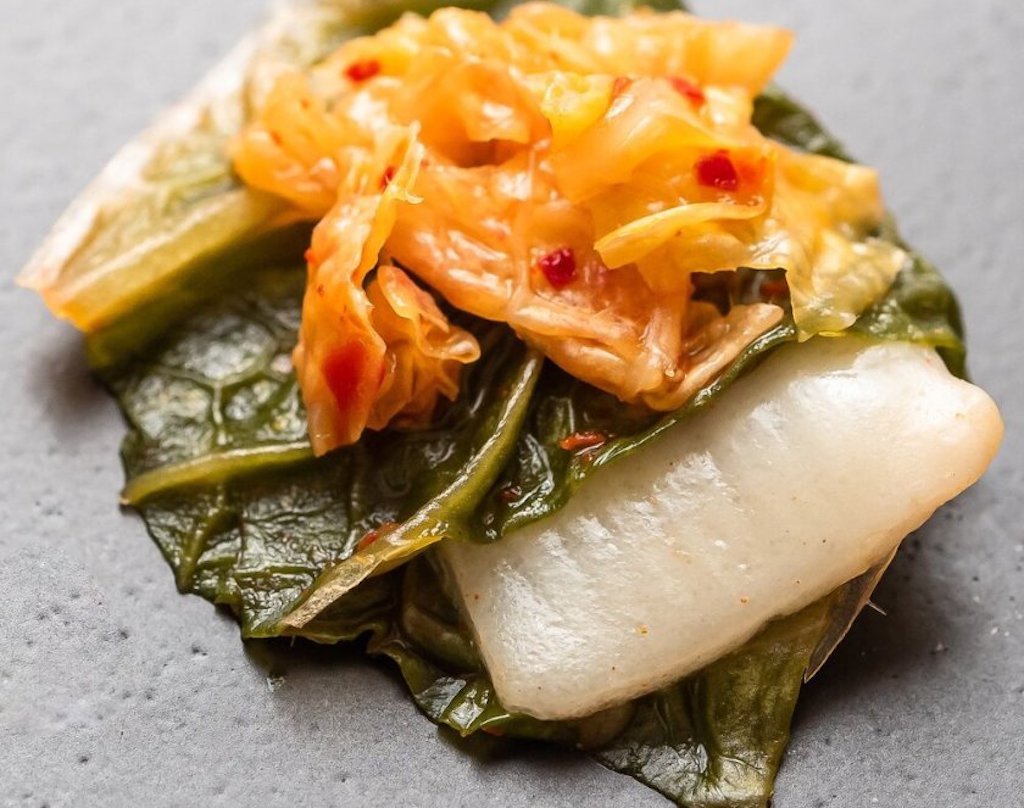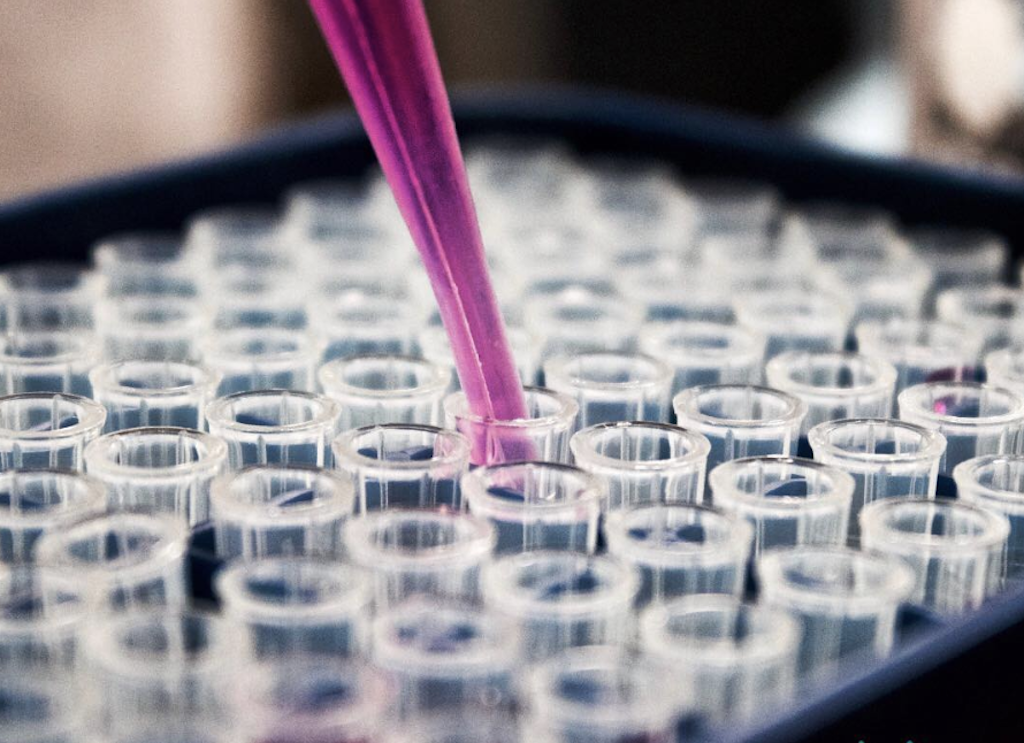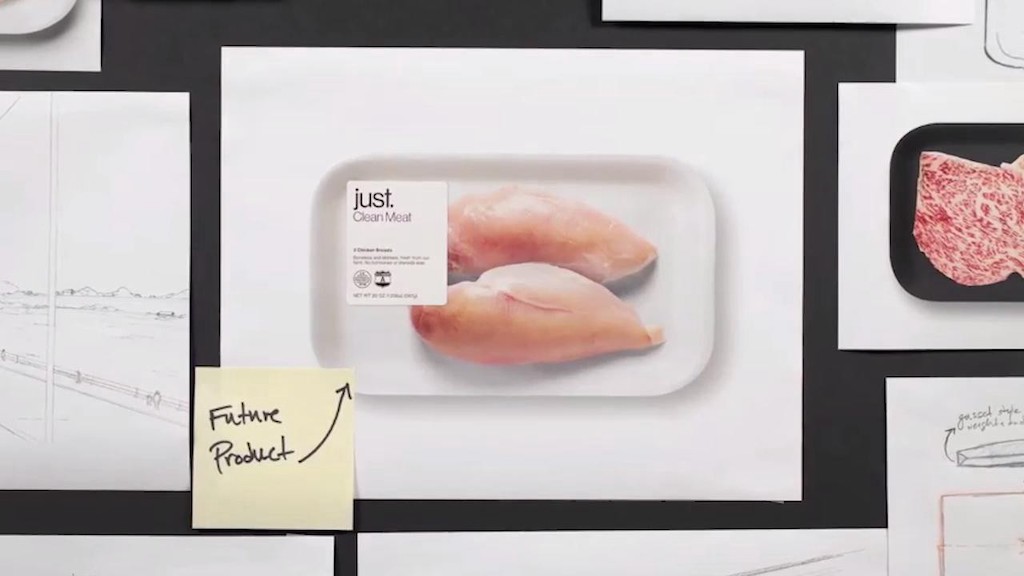Cultivated Food Tech Startups Unite To Create Industry Alliance & Lobby For New Regulatory Framework
4 Mins Read
A new Alliance for Meat, Poultry & Seafood Innovation comprised of 5 cultivated food tech companies has been established to work with governmental bodies to determine regulation and labelling policies for cell-based products. This marks a major step for the cultivated industry to bring their products to market amid the global need for more alternative protein innovation to help bring about a more sustainable food system.
Called the Alliance for Meat, Poultry & Seafood Innovation or AMPS Innovation for short, the new body has been set up to work alongside governmental organisations to decide on a regulatory framework for cultivated protein products. It has been set up by 5 US-based cellular agriculture food tech companies, including cellular aquaculture startup BlueNalu, plant-based and cultivated brand JUST, cell-based tuna makers Finless Foods, clean meat company Fork & Goode, and Memphis Meats, the world’s first to produce a lab-grown meat product.
The mission of the AMPS Innovation is to work effectively with both government to inform new policy and regulation to bring the products to market, and communicate to consumers the emerging cultivated protein sector through education. While the FDA and the USDA have already established a formal agreement to oversee the development of cell-based seafood, meat and poultry in March 2019, there has yet been a clear approach for cultured products to enter retail shelves.

“We commend FDA and USDA for the work they have already done…[and] look forward to seeing additional details to establish a clear, predictable, efficient, and risk-based regulatory path to market for cell-based products,” said the AMPS Innovation in a statement.
One of the key steps that the new cell-based startup united front hopes to achieve is common labelling guidelines to accurately reflect to both businesses and consumers the safety, sustainability and definition of a cultivated product. In particular, the alliance hopes to reject the use of the word “imitation” on its product packaging, which the newly implemented Enzi-tester bill would enforce.

For the cultivated food techs, using “imitation” would create not only a health concern about the product, but would confuse consumers with vegan or vegetarian products, which cell-based or lab-grown meat and seafood products are not. Using cellular biotechnology, the companies are able to harvest real meat or seafood products using cells that are identical to those in conventionally farmed animals or fish.
The group will also focus on educating the public and getting consumers familiar and comfortable with the concept of cultivated meat products ahead of commercial availability. With the science and technology behind producing cell-based proteins already having a solid foundation, the body hopes to help those outside of their industry to understand what their products actually are to prepare for “within the next few years [when] it will definitely be on the market.”

One of the founding members of the AMPS Innovation, Memphis Meats, recently secured a US$161 million Series B funding round, marking a historic injection of capital greater than all of the publicly disclosed investment into the cultivated meat industry so far. It reflects the changing investment sentiment about the potential of the sector, bolstered by continued consumer demand for sustainable food options.
Outside of the US, while Asia’s cultivated industry is still in its nascent stages, it is already teeming with innovation. Last year, Singapore’s TurtleTree Labs brought in the world’s first cell-based dairy milk, and are now planning to launch a replica of human mother’s breast milk later this year. Hong Kong’s Avant Meats, on the other hand, is growing fish swim bladder in their labs to tackle the ethical and environmental concerns around the trade of the local delicacy.
Want to know more about Asia’s alternative protein space? Download the first in-depth Asia Alternative Protein Report: New Protein New Decade by Green Queen Media here.
Lead image courtesy of Memphis Meats.




